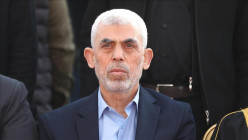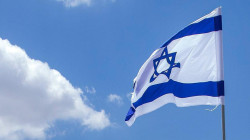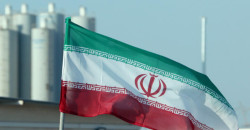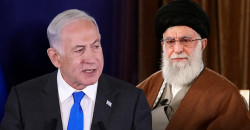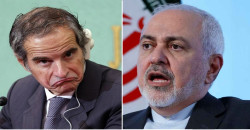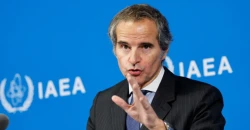Iran condemns IAEA Resolution: Political resolution
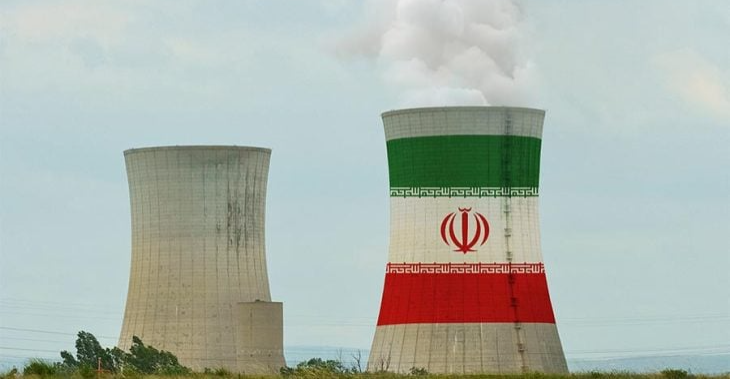
Shafaq News/ Iran has strongly denounced a newly passed resolution by the Board of Governors of the International Atomic Energy Agency (IAEA), describing it as a politically driven measure backed by the United States, France, the UK, and Germany.
In a joint statement issued by the Iranian Ministry of Foreign Affairs and the Atomic Energy Organization of Iran (AEOI), Tehran called the resolution a “recycled political tool” and warned of reciprocal steps.
“The Islamic Republic of Iran has no choice but to respond to this political resolution,” the statement read.
In response, the AEOI has reportedly been instructed to establish a new uranium enrichment facility at a secure location and to upgrade the centrifuges at the Fordow facility with advanced IR-6 machines, replacing the current first-generation models.
The resolution follows a recent IAEA report accusing Iran of failing to fully cooperate with the agency’s ongoing investigations into undeclared nuclear activities. It marks the first time in two decades that the agency has officially determined Iran to be in non-compliance with its Safeguards obligations under the Nuclear Non-Proliferation Treaty (NPT).
While the resolution does not immediately trigger punitive action, it opens the door for possible referral to the United Nations Security Council, raising concerns about a return to broader international sanctions that were lifted under the 2015 Joint Comprehensive Plan of Action (JCPOA).
Iran rejected the resolution’s legal and technical basis, stating that its nuclear program remains peaceful and within its NPT commitments. “Iran has always adhered to its Safeguards commitments,” the statement affirmed, adding that no IAEA report has ever concluded that Iran diverted nuclear material toward non-peaceful use.
Tehran also criticized the IAEA’s recent report as “entirely political and biased,” arguing that its claims revisit “decades-old allegations” that were closed under the IAEA’s 2015 resolution, which acknowledged Iran’s compliance with the JCPOA under the framework of UN Security Council Resolution 2231.
The statement further accused the resolution’s sponsors of applying double standards. “These actions by the four countries take place while they remain silent regarding the Zionist [Israeli] regime’s exclusion from the NPT and its development of weapons of mass destruction programs, including nuclear weapons,” it said. It also criticized the lack of international response to what it described as Israeli threats against the nuclear facilities of NPT member states.
The diplomatic rift comes amid ongoing indirect negotiations between Iran and the United States, which began in April, aimed at restoring or replacing the JCPOA. The 2015 accord, signed by Iran and six world powers, limited Iran’s nuclear activities in exchange for relief from international sanctions. However, the agreement has unraveled since the US withdrew from it in 2018 and reimposed sanctions.
In recent years, Iran has progressively reduced its compliance with the JCPOA, particularly in areas related to uranium enrichment. According to the IAEA’s latest report, Iran now holds over 408 kilograms of uranium enriched to 60% purity—approaching weapons-grade level and sufficient for multiple nuclear warheads, though Iran maintains that its nuclear program is strictly peaceful.
The resolution’s adoption also comes at a time of heightened regional tensions. US officials have advised some citizens to reconsider travel to the Middle East following reports of potential Israeli military action targeting Iranian nuclear facilities.
